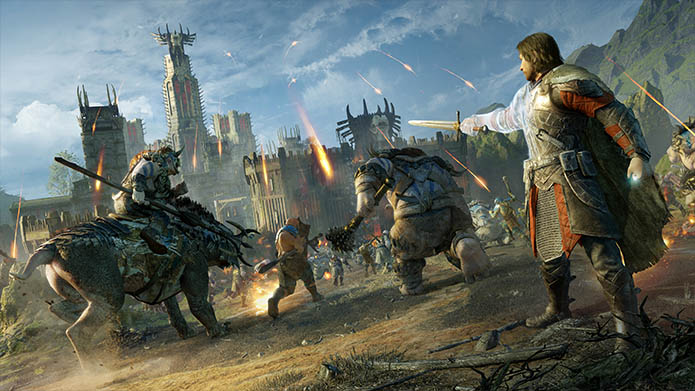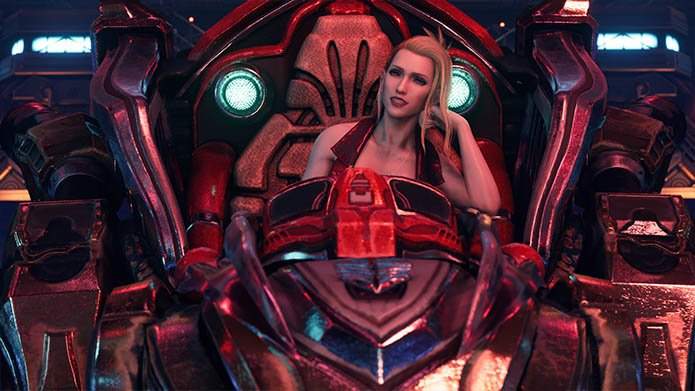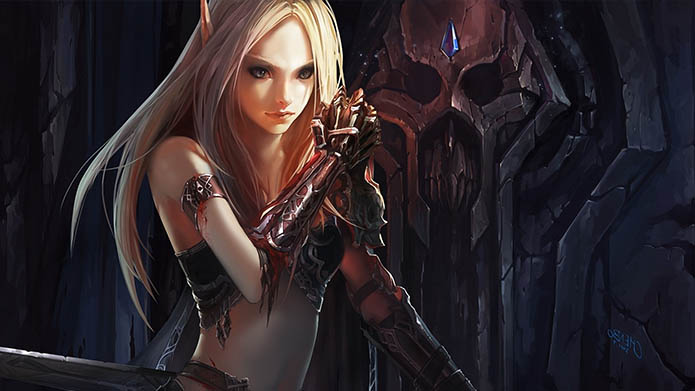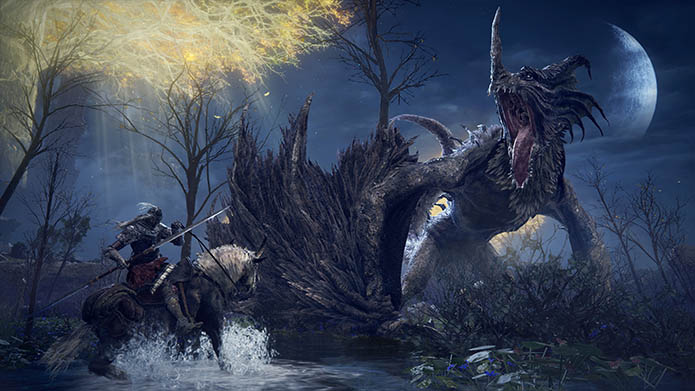The world of computer game monetization has seen many trends come and go when it comes to role-playing games (RPGs), but there are some that have stood the test of time. The reality is that margins for video game developers appear to be shrinking all the time. Traditional pricing models are experiencing something of a race to the bottom. As publishers and resellers battle to undercut one another, let’s consider the alternative payment models doing the rounds with some of the best-loved RPG titles today.
Library Subscriptions (the Netflix Model)
With millions of people seeming to be content with paying a monthly subscription to access libraries of digital content via Netflix and Spotify, it’s been no surprise to see video game developers follow suit. Steam is the obvious example of a library model, as is EA Access. There are quite literally hundreds of RPG titles available to download to a Steam account, including hit titles like The Elder Scrolls V: Skyrim and The Outer Worlds. The PS Plus subscription also sees a fair amount of RPG titles being included in the monthly subscription, and some of them are amazing AAA games, such as Final Fantasy 7 Remake and Middle-Earth: Shadows of War, which I both thoroughly enjoyed playing until I got the platinum.
The main limitation of library subscriptions is when customers can no longer afford the monthly fees. They immediately lose their primary source of entertainment in the blink of an eye.
Downloadable Content (DLC)
The reality is that many RPG developers have quietly ushered in the premise of DLC as a means of squeezing extra cash out of their loyal fans. In some cases, the ongoing costs of DLC almost outweigh the initial outlay of the core game itself. Fortunately, some developers are fast recognizing that players will only allow so many payments for their entertainment. The issue with DLC-based RPG titles is that the games have a sense of incompleteness. Before the era of downloading games and files, the finished product was the game you purchased on the day of release.
Thankfully, that is not always the case, as some DLCs are truly worth every buck. The Witcher 3 was blessed with 2 amazing DLCs which were at least as fun playing as the core game. The FF7 Remake Intermission DLC, involving Yuffie & Sonon, was also some top notch content which made every fan happy.
End-of-game Subscriptions
The multiplayer nature of World of Warcraft is one of the main reasons why its developers have consistently opted for a monthly subscription model. However, more recently, the developers have opted to provide end-of-game subscriptions instead. This has been achieved by effectively offering a free trial of the game up to Level 20. Upon which, players are prompted to make a purchase to unlock the full version for the ‘complete experience’.
This fusion of free-to-play and later payments is something you often see in the iGaming industry too. Slot game developers that design online games that pay real money usually offer free-play versions of games, like Jack Hammer 2 and Bloodsuckers, using play money. This allows customers to familiarize themselves with the game dynamics before loading up the real-money version.
One-time Purchases
Of course, there are still some RPG titles where tradition is still the order of the day. Demon’s Souls Remastered was available as a one-off purchase, while the upcoming Elden Ring release is also expected to make the full version available as a one-time buy. Bandai Namco has already made the game available to pre-order, despite it being three months from its February 25 release day.
The economics of RPG games and video games overall are certainly in the balance. With supply far outstripping demand, the dangerous throwaway nature of digital content like music and video is already being felt in the gaming industry.


